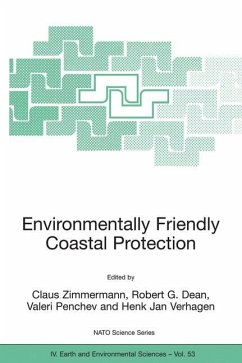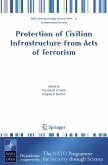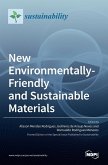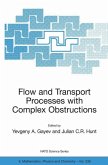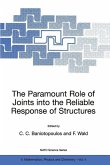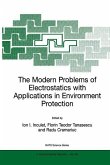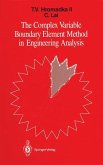Coast lines have been and still are the central lines of civilization around the world with still increasing pressure from both sides - the hinterland and the sea - with all its foreseeable and unforeseeable impacts by means of nature or mankind. While the response of nature to such impacts is flexible in the way that all morphological changes with all the consequences are tolerated as part of the system, humanity cannot tolerate short-term or long-term changes without being threatened in its physical and economical existence. The objectives of this Advanced Research Workshop (ARW) on Environmentally Friendly Coastal Structures were:
- to contribute to the critical assessment of existing knowledge in the field of coastal and environmental protection;
- to identify directions for future research in that area;
- to promote close working relationships between scientists from different countries and with different professional experience.
The latest trends in research on coastal and environmental protection were summarized and developed during the meeting. Seventeen papers are presented in this book, attempting to cover all related aspects as completely as possible - coast, engineering structures, water, sediments, ecosystems in their complicated interaction.
Hinweis: Dieser Artikel kann nur an eine deutsche Lieferadresse ausgeliefert werden.
- to contribute to the critical assessment of existing knowledge in the field of coastal and environmental protection;
- to identify directions for future research in that area;
- to promote close working relationships between scientists from different countries and with different professional experience.
The latest trends in research on coastal and environmental protection were summarized and developed during the meeting. Seventeen papers are presented in this book, attempting to cover all related aspects as completely as possible - coast, engineering structures, water, sediments, ecosystems in their complicated interaction.
Hinweis: Dieser Artikel kann nur an eine deutsche Lieferadresse ausgeliefert werden.
